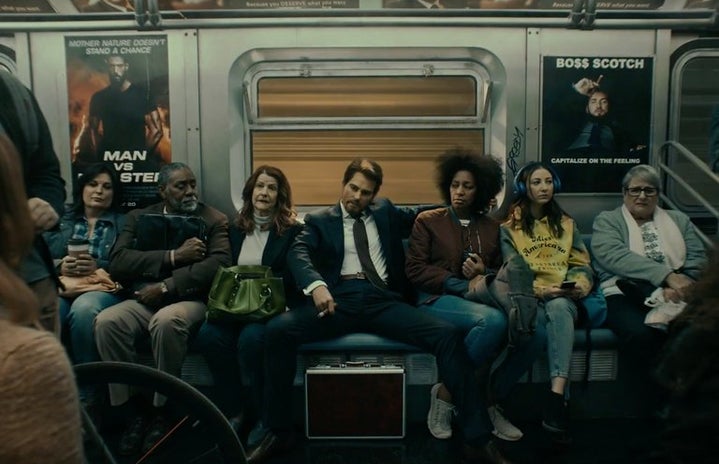Almost two months ago, “black” twitter was raving about how the coronavirus doesn’t affect African Americans. We’d say foolish things like “black people can’t get the coronavirus because we wash our legs in the shower” and “none of these cases have been black people?! Lemme find out we immune!” Fast forward to the present day, we see that African Americans are being disproportionately affected by COVID-19 – with higher rates of death than any other racial group in the country.
Why is this happening? Is coronavirus prejudiced and only attacking the melanated? Is there an underlying genetic deficiency that makes African Americans more susceptible to severe symptoms of the virus? Short answer – no. This global pandemic has only exposed the shortcomings of the current relationship between the healthcare system and the black population.
Despite being only 13% of this nation’s population, about 30% of novel coronavirus cases are black or African American. Why? It’s no secret that there is a difference in the quality of healthcare that black people receive. On average, black women are three to four times more likely to die from childbirth complications than their white counterparts. African American women with breast cancer are 67% more likely to die than white women. The average waiting time for African Americans needing kidney transplants is twice as long as that of white patients.
These numbers are overwhelming because it is evident that there is a racial bias in place in the medical field. The only real way to eliminate that bias is by increasing diversity in the healthcare workforce. Unfortunately, the Sex, Race, and Ethnic Diversity of U.S. Health Occupations states that between the years of 2011 and 2015, only 4.8% of physicians were Black/African American.
Besides the quality of care received, there are other factors that continue to keep African Americans out of hospitals. Insurance plays a huge role in healthcare in the United States. The Affordable Care Act was able to give coverage to 2.8 million African Americans, but this does not change the fact that the black population is still more likely to be uninsured than their white counterparts. Public health insurance programs are very important to poorer populations, but fourteen states–mostly in the south– have resisted expansions of Medicaid . Without insurance and a concrete way of payment, many black Americans are discouraged from frequenting hospitals — even when they need to.
Historically, hospitals have been unforgiving to the black bodies that enter them. J. Marion Sims, the modern “father of gynecology” studied and treated Anarcha Wescott, Betsey Harris, Lucy
Zimmerman–enslaved black women– without anesthesia. While Sims received accolades and statues for his “work,” the horror stories of his victims remained unrecognized.
Henrietta Lacks entered the Johns Hopkins Hospital in 1951 to receive care for her abnormal bleeding and belly pain, but just 9 months later, she died from cervical cancer. However, without her or her family’s knowledge, samples of her tumors were taken from her body and experimented on. These so-called HeLa cells became monumental to research projects worldwide, and the researchers who extracted her tumor cells became rich, while her family lived in squandor unaware of her legacy.
In 1932, the Tuskegee Syphilis Study began. A population of untreated, Syphilis-infected black men from the city of Tuskegee, Alabama were observed, while they were misled to believe that they were receiving free healthcare from the government. These are just a few of the notable recounts of how medical researchers have benefited off of black body parts without giving credit or monetary compensation to their test subjects.
So, now you know a few of the reasons black people are contracting and dying from COVID-19 at higher rates. There can be other factors that contribute to these inequalities. Health is undeniably linked to socioeconomic status and those that are well off financially tend to be white– due to their ability to acquire generational wealth in this country unlike their black counterparts. The wealth gap contributes to the “healthcare” gap.
African Americans are disproportionately sicker, with diseases like diabetes and high blood sugar due to the cheap unhealthy lifestyles that they are sometimes forced to live due to lack of access to healthier eating options in their neighborhoods. Poorer people are more likely to experience food insecurity and financial stress, which are detrimental to living a healthy life.
Not to mention racism, microaggressions and discrimination are also added stressors that deteriote both the phyiscal and mental and make them more suceptible to diseases like COVID-19.


